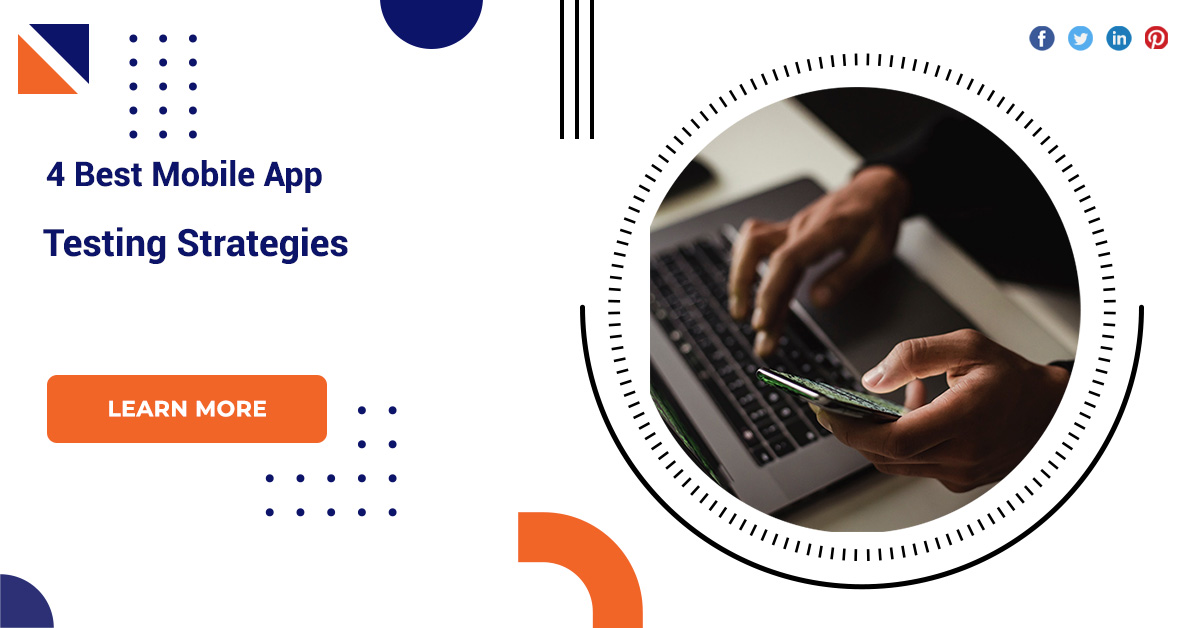4 Best Mobile App Testing Strategies
If the app’s functionality is poor or the developers have overlooked mobile app security best practices, no app user will be entertained. Proof of this is that even the top 10 apps on the Google Play Store struggle to convince users that their apps are secure and prevent them from being uninstalled.
Mobile app testing strategies
Involvement of QA in business and product teams in development
There is a common misconception that testing and quality control begin during the testing phase of the development lifecycle. In fact, QA and testing should be involved from the very beginning of the design process. When designing what the final product will look like, it is important to keep in mind the test cases that will be used.
OS testing and support
Although most of the devices in the mobile market use iOS and Android, it is important to plan in advance what OS your app will support, and not only which OS, but more importantly, what versions will be supported. Testing an application on one operating system is easy, but when you start running more and more versions, it becomes a more difficult task.
Device testing
One of the most difficult tasks that QA teams face is making sure that the application works well on all devices. After you know which OS versions will be supported, it’s important to look at which devices to test. By emulating a large number of mobile devices simultaneously, you will be able to save a lot of time and manpower on test devices.
Testing network connectivity

Applications these days almost always need a network connection, and not all people have the same level of internet access. It’s easy for developers and testers to assume that their high-speed office WiFi is the norm. But in reality, most people have to contend with spotty connections and low-speed internet.
Battery testing
If your app quickly and noticeably drains the device’s battery, users will uninstall it. Various applications these days use a lot of battery-intensive processes, such as storing and sharing heavy data, using geolocation, streaming video content, and generally memory-intensive processes.
Security testing

The more data is sent back and forth by applications, the more security becomes a primary concern. Mobile app security statistics are abysmal and should not be the norm. It is important that you schedule security testing early and check for potential data leaks, ensure that web data is not vulnerable and there are no security exploits.
Conclusion
It can be concluded that behind every great app is effective mobile app testing that is in line with a well-defined strategy. Effective strategies can help address a significant portion of the challenges an app can present early in the cycle, helping to optimize time to market and guarantee optimal app functionality and quality.








Leave A Comment
You must be logged in to post a comment.